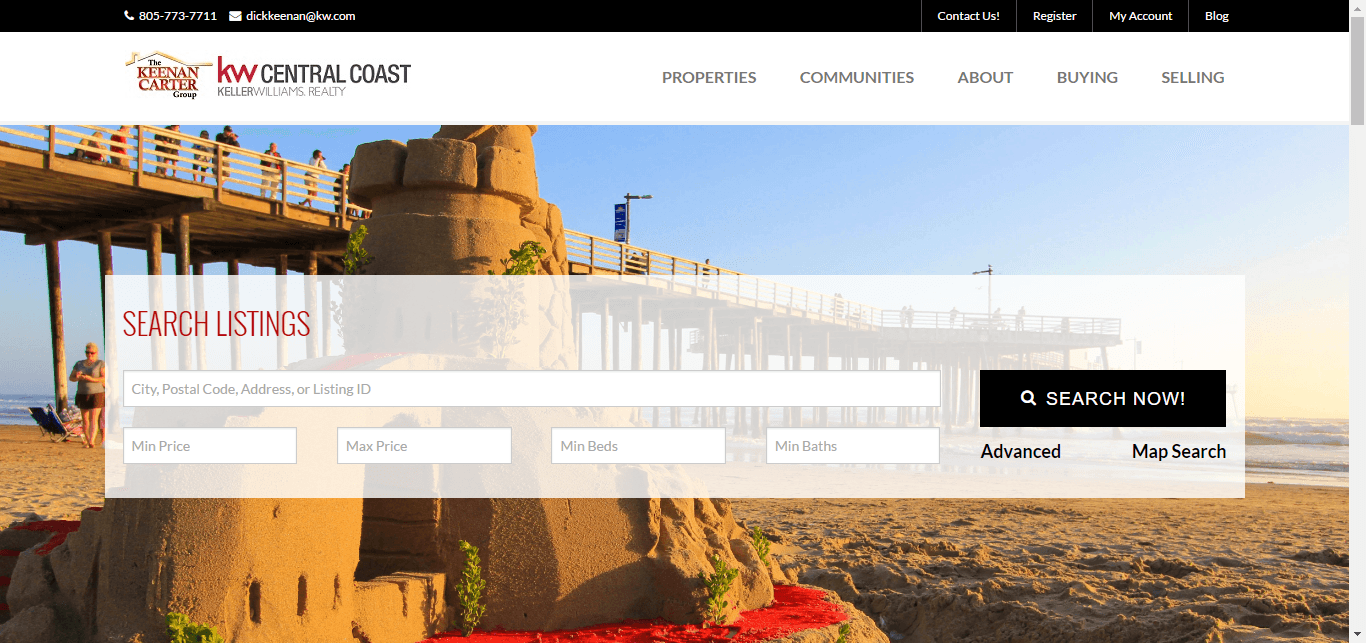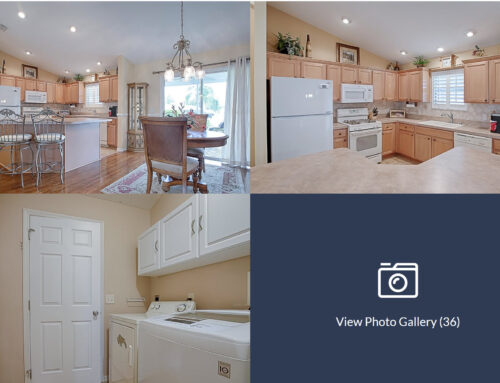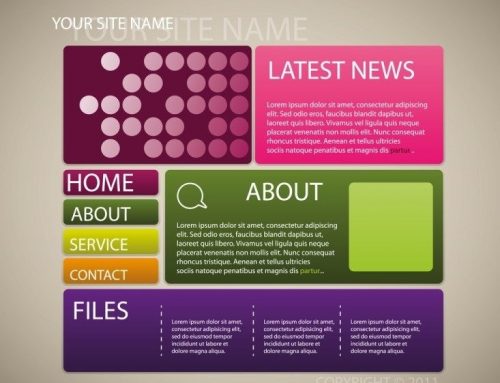When you attend a real estate marketing event I am speaking at, you will hear me say, “Why rent when you can own?” I am speaking of websites of course and not home sales. In an older post I go over all the different types of real estate websites you can have designed, but at the end of the day, if you want to own your website outright, your options are few.
I recently had a Realtor post in the Lab Coat Agents Facebook group asking about websites. We had a private discussion about real estate website design and the next day she asked me, “How do I know if I will actually own the website once I order it?” This is a great question because there are sales reps telling prospects they will own their website when in all reality, they may own their content but not the container.
These are the questions to ask:
“OK, so you are telling me I own the website. That would mean if I wanted to, I could take the website and move it to my personal hosting account on Godaddy. Right?”
“And if I own the website, I can have one of my web developers go in and make modifications?”
“And if it is WordPress, not only can I host it anywhere, but I have full admin controls and can add any plugins, pages, script or code I want. Correct?
“And lastly, if I own the site I can switch out the IDX anytime I want?”
If they answer no to any of the above, you don’t own your website. I am not saying this is a horrible thing mind you if you are happy with the website you are renting and the marketing services that web developer is offering. I just feel you need to have complete control over the history of your online branding.
For example, Keller Williams agents and teams represent a majority of our business. Many KW agents use the web system provided by KW. For the longest time that was a website system provided by Market Leader. Some Keller Williams agents had horribly outdated Market Leader sites for years. Then at last year’s Family Reunion, it was announced that they were going with Placester which was a HUGE improvement. Still though, I feel agents with any major national real estate franchise should be off the corporate grid as much as possible and control their branding outright.
At the end of the day you want leads, and maybe owning your website is not a big deal to you. This is why you go with the big lead gen companies that generate leads via PPC campaigns, and loan you a website while you are using their marketing system. This is a great strategy if you have the budget, however I still feel you need to own the “mother ship”.
The mother ship should be WordPress based and the blog should be activated. You should own your site outright so you can build an online history through blogging and community specific landing pages. Your site should have an IDX integrated that will allow for the search engines to essentially index the MLS as if you owned it. When you Google the street address of one of your listings and see your competitors with your listing on their website, they have this indexing active. We are an IDX Broker Developer Partner.
Question for you, setting aside international real estate brokerages that change website platforms for their agents, have you ever been victim to a website provider going out of business? As a personal favor to a major player in the industry I won’t mention the company name, but they went out of business giving their clients 30 days notice. Many Realtors had procrastinated and were left without websites for a time. If you own your own site, this does not happen.
There is no major conspiracy from real estate website vendors to keep you from owning your own website. There are some great website providers in the marketplace that have developed some great call to action (CTA’s) processes for lead generation provided you are getting the traffic. Most of these technologies are proprietary in nature and can only be served up through an internal shared site server system within their control. No way around it, and that’s OK if you are happy with the results you are getting.
Lastly, If you are renting your website make sure it has a blog in a sub-directory and not a sub-domain. And so that you don’t lose your online blogging history should you ever change website providers, make sure they have a way to transfer your content to you should you ever leave.
Obviously by now you clearly understand my position on website ownership. Just make sure YOU clearly understand what you own vs what you are renting.










Facebook Comments